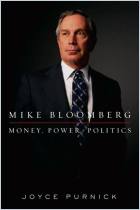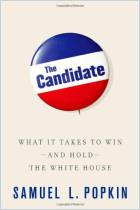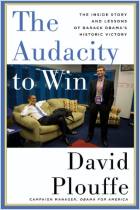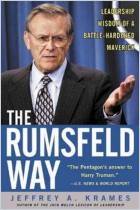
The People's Machine
Arnold Schwarzenegger and the Rise of Blockbuster Democracy
Read or listen offline
Amazon KindleRecommendation
Joe Mathews’ book vividly describes how the confluence of a European childhood, bodybuilding, movies, popular culture, politics, history and ambition shaped the life of a remarkable public figure, California Governor Arnold Schwarzenegger. Highly detailed and readable, this is an informative account of how California’s best-known modern political leader improbably rose to power. He portrays Schwarzenegger as a complicated, talented, politician whose attention to detail in building and managing his persona has consistently paid off in money and power. Mathews uses Schwarzenegger’s saga to show in great journalistic detail how being exposed to opportunity and the right social networks can produce remarkable results; of course, working hard and being lots smarter than people think helps, too. getAbstract suggests this to anyone who is interested in politics or popular culture. It should be required reading for all California voters or, maybe, for all voters, period.
Summary
About the Author
Joe Mathews is a reporter for the Los Angeles Times, a fourth generation Californian, and a Little League baseball coach. Raised in Pasadena, he worked previously at the Baltimore Sun and The Wall Street Journal.

















Comment on this summary